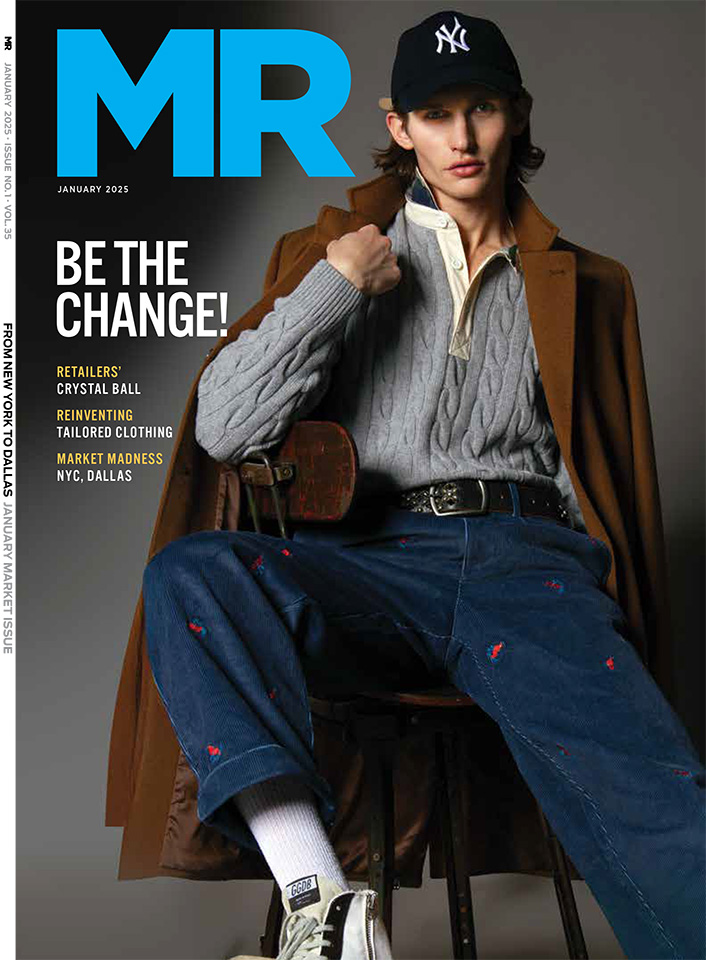Is This The End Of Influencing As We Knew It?

Even before the coronavirus crisis, there were some signs that the format was fraying around the edges. The very word “influencer” suggests that they have the ability to sway people, despite said people’s best efforts. The best in game are able to suggest products through sponsored posts, thanks to their perceived “authenticity,” a word that means “real,” but in this context means presenting a genuine-feeling personality on the feed. The more authentic, the more highly compensated, the more followers probably wonder what these people are actually like. Giving into influence can feel shameful, too, but doubly so if one bought poop tea in 2016 because a minor Kardashian said they did. Even as Instagram’s highly stylized, clean aesthetic shifted to a highly stylized, messy, dark, and more confessional aesthetic, the influencer economy still relied on its audience literally liking whatever they served up on their feed. If people got tired of being sold to under the guise of authenticity, the jig, it would seem, was up. Read more at Vanity Fair.

